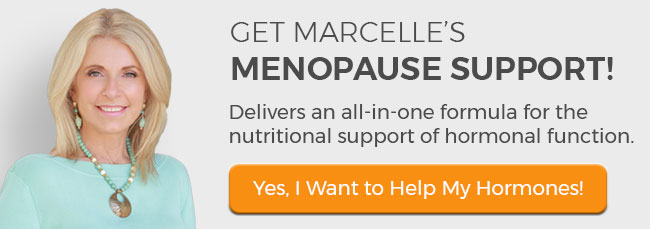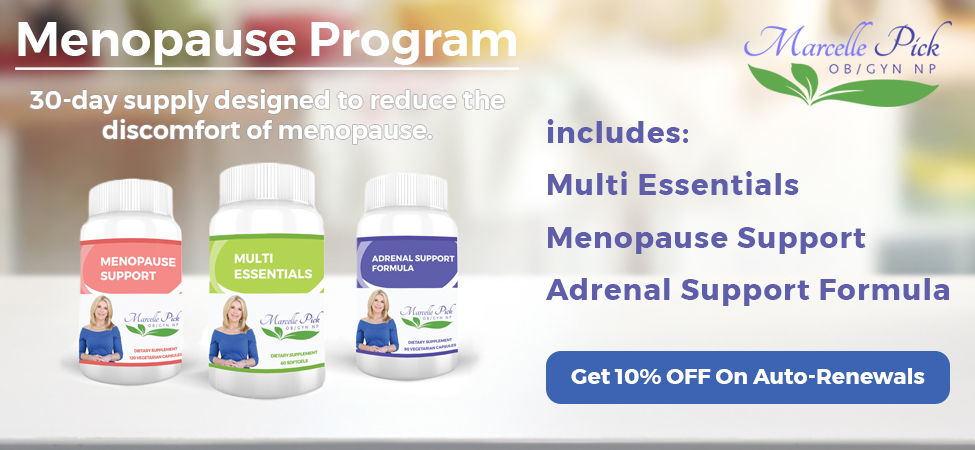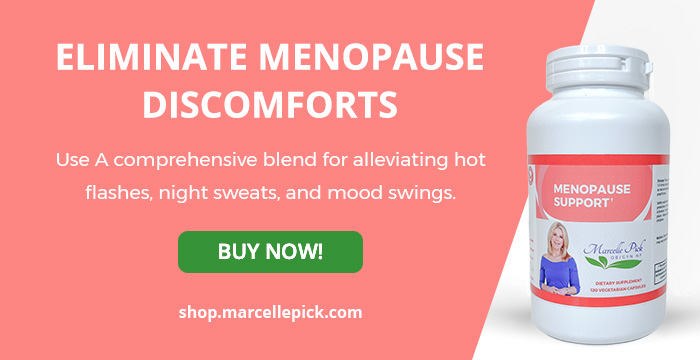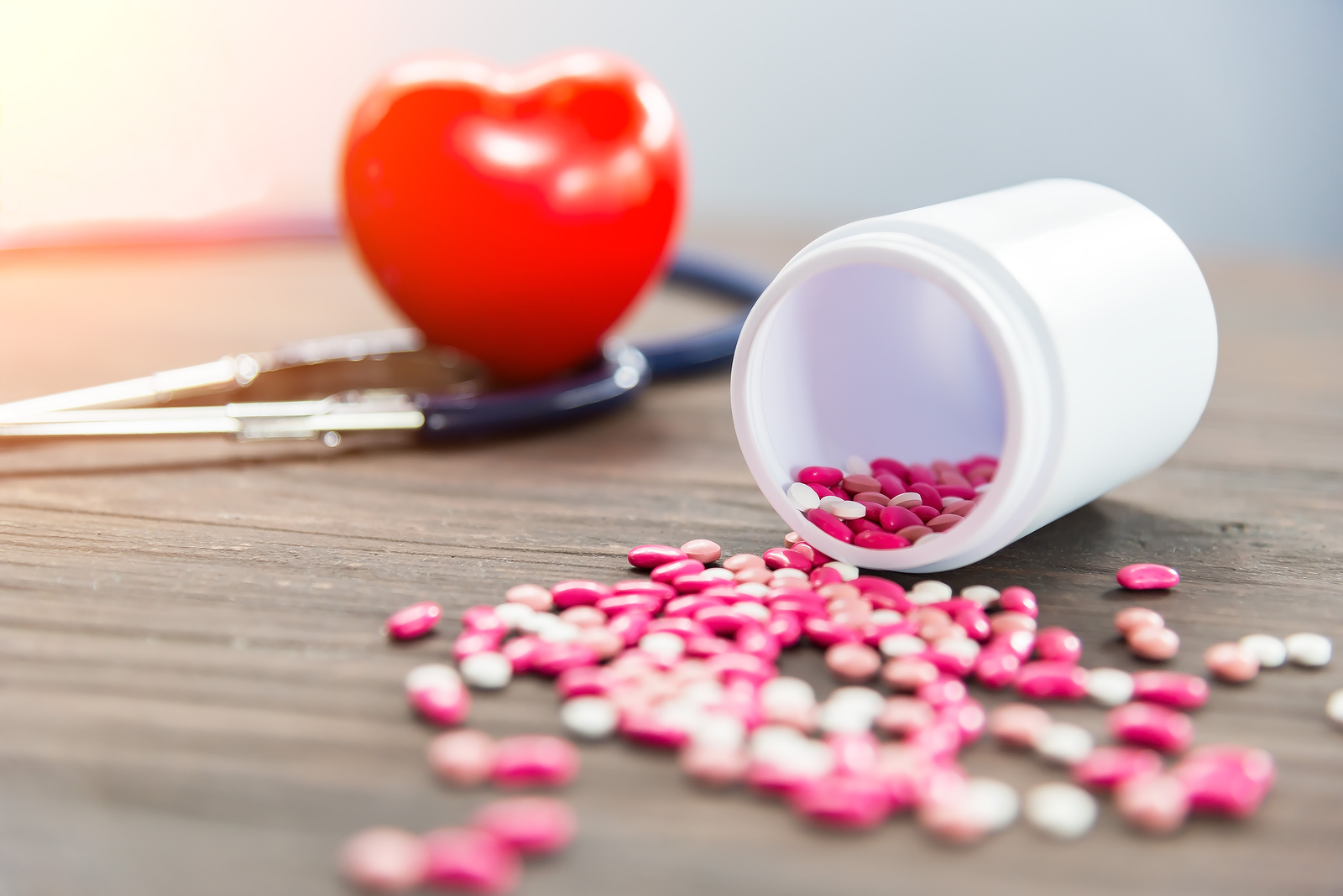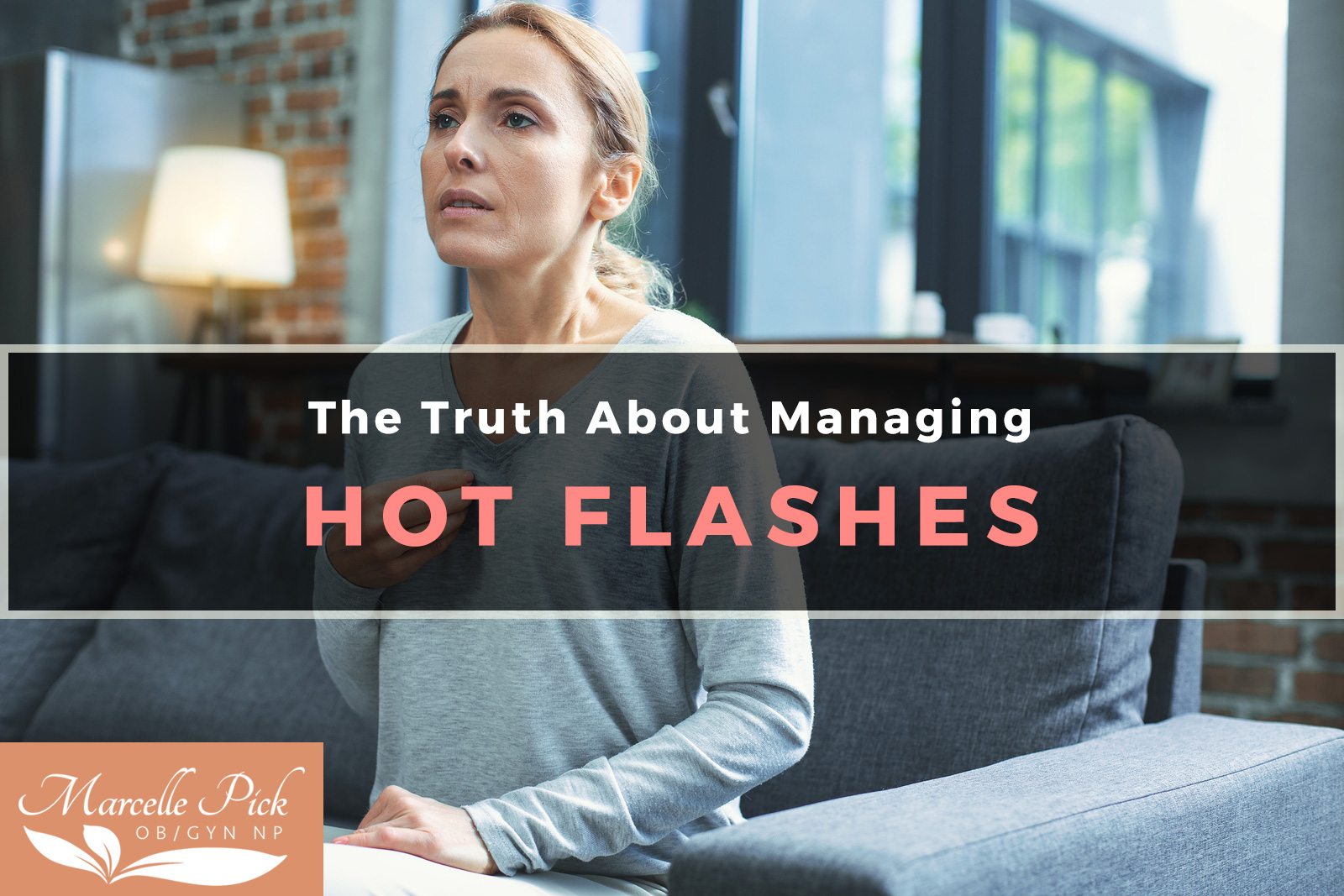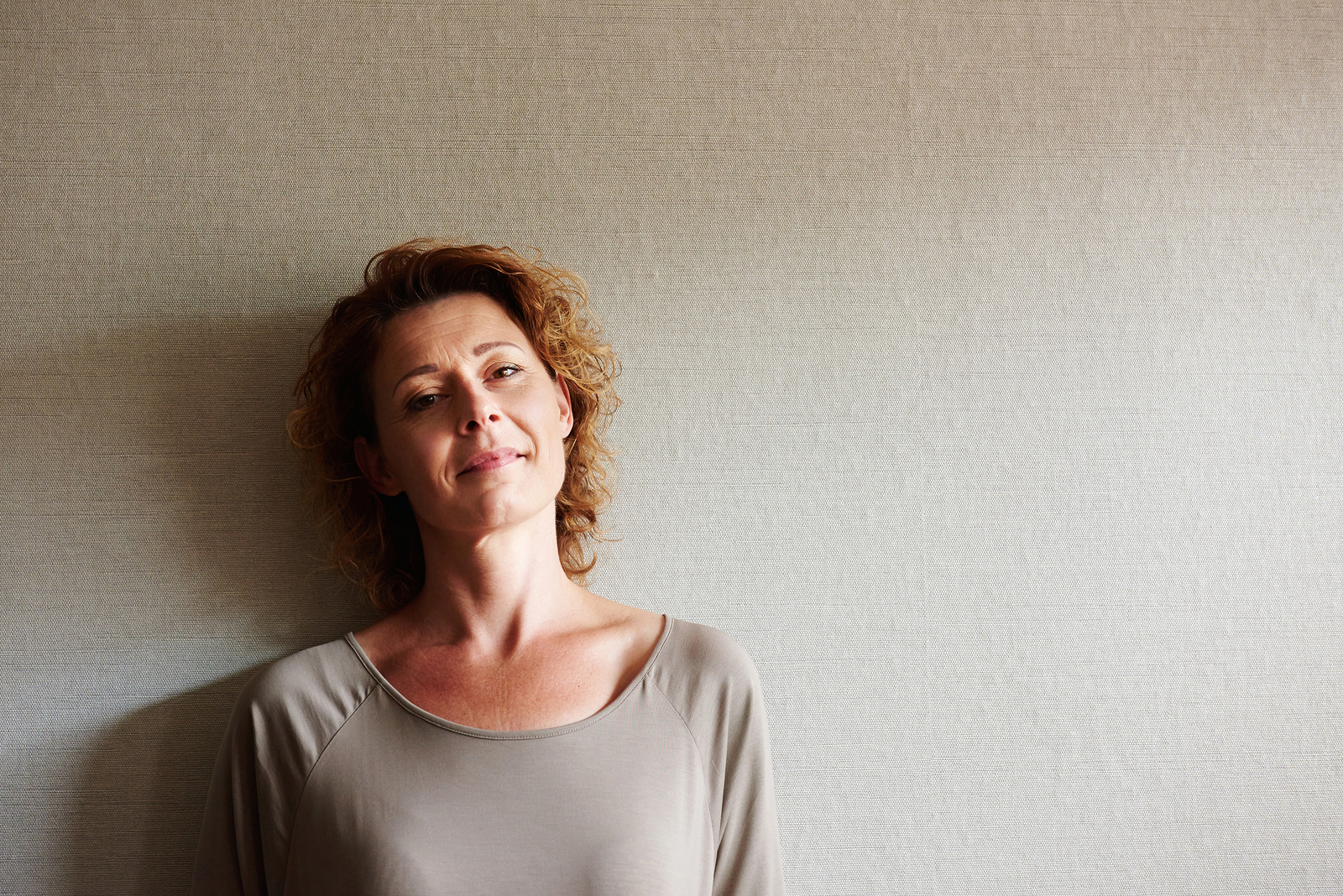Many women feel a sense of dread when they think about menopause. They’ve heard horror stories about unpleasant symptoms, including weight gain, insomnia, mood swings, and vaginal dryness; none of these sound fun to experience. The fear that early menopause seems as though it’s arriving far too early can be especially prominent. Women between the ages 40 and 45 who are beginning this life shift much sooner than expected may be upset and concerned, and rightfully so.
But you should know that although menopause does create many challenges for women, there are also many remedies. Noticing and paying attention to your symptoms is the first step on the path to correcting them. Let’s learn more about this life-changing experience for women in early menopause.
Signs of Early Menopause
In early menopause estrogen levels can rapidly decline causing symptoms to appear suddenly, feel severe, and last longer. Here are some telltale signs you are in early menopause.
- You are between the ages of 40-45
- You experienced an absence of periods for a full 12 months.
- You may be suffering from common symptoms including hot flashes, headaches, weight gain, depression, insomnia, mood swings, fuzzy thinking or fatigue.
For most women in early menopause, addressing the hormonal imbalance is the first step to finding relief from physical, and even emotional, symptoms.
The Many Forms of Menopause
One of the things that makes all this tricky to understand is the terminology. Often, “menopause” is used to describe it all, but there are distinctly different phases and forms.
Many women don’t know the difference between perimenopause and menopause. Yes, they can present with similar symptoms, but they aren’t the same thing! Symptoms that gradually increase over time, like hot flashes, irritability, fatigue and weight gain, accompanied by continued menstruation, indicates perimenopause. This is the beginning of the menopause transition, and it can last several years. But if you’re between 40 and 45, and haven’t had a period in six months, you’re in early menopause.
Let’s take a look at some of the different types of menopause that can occur for women, based on circumstances.
- Early menopause happens naturally when a woman is between the ages of 40 and 45.
- Premature menopause occurs in approximately 1% of women before they turn 40.
- Premature ovarian failure (POF) happens when reproductive hormone and egg production in the ovaries slows or stops before a woman reaches the age of 40. The chances of pregnancy without intervention is much lower with POF, but not impossible; between 5 and 10% of women diagnosed with POF become pregnant on their own.
- Surgical menopause happens after hysterectomy, oophorectomy (removal of ovary/ovaries), and some other pelvic surgeries. Procedures to remove the lining of the uterus, called ablations, can mimic menopause by stopping menstrual periods.
- Medical menopause can take place after medical treatments such as radiation therapy and chemotherapy. Some drug regimens, like the use of tamoxifen to prevent recurrence of breast cancer, can also result in medical menopause.
You know your body – trust your instincts! If you have quick onset of symptoms, or they become more severe, you should seek the assistance of your healthcare practitioner. And if you have any concerns about premature menopause or POF, it’s also a good idea to see your provider.
Possible Causes of Early Menopause
It’s all too easy for women to panic when their body experiences something out of the ordinary, like early menopause. My patients often ask, “why me”? Symptoms often catch them by surprise, and they worry about what may have caused it, or what it means for their future. I don’t have all the answers about what causes early menopause, but I do know there are some definitive factors.
Genes
Women with a family history of premature menopause are 60 percent more likely to experience it themselves.
Also, events that occur in utero while a female’s ovaries are developing may result in a smaller number of egg-producing cells, which can then shorten a woman’s reproductive lifespan.
Environment
Toxins in our environment may be contributing to reproductive changes found in both women and men, although scientists have yet to uncover the exact causes.
Medical Treatments
Some medical treatments, such as chemotherapy and radiation, can initiate menopause earlier than usual. Studies show that oral contraceptives however, may actually reduce your risk for early menopause.
Lifestyle
The way you live your life can have a great impact on your health. The following factors can all contribute to early menopause:
- Poor nutrition and poverty.
- This habit might prompt menopause to begin a year or two earlier, and also has been shown to increase the risk of transitioning into the earliest stages of menopause by 30 percent.
- Consuming alcohol may contribute to beginning natural (though not necessarily “early”) menopause slightly sooner.
Relief from the Symptoms of Early Menopause
Shifts in estrogen, progesterone, and testosterone levels are to be expected throughout our lives. But as we age, the fluctuations and ratios between these hormones can become more extreme. When the body cannot regulate these shifts in hormone levels, women can experience common symptoms of menopause, including night sweats, hot flashes, food cravings, and fatigue.
But by addressing these symptoms naturally, balance can be restored, and both the frequency and severity of symptoms will improve. Here’s how:
- Nutrients provided by both a diet consisting of healthy, whole foods, along with nutritional supplements, can help restore balance at the cellular level.
- Herbal remedies can help balance the fluctuations in hormone levels. A functional medicine provider can work with you to determine exactly which herbs you need to help your specific imbalances.
- Lifestyle changes, including removing environmental toxins, getting proper sleep, and reducing chronic stress, can help reduce the symptoms associated with early menopause.
And there’s a bonus to making these changes in your life: all of them can effectively and proactively help you reduce your risk for diseases, especially of the heart and bones.
Health Concerns with Early Menopause
Sex hormones (estrogen, progesterone, and testosterone,) protect against cardiovascular disease and osteoporosis during the years leading up to menopause. To continue shielding your body from these health issues, talk with your healthcare practitioner about your risk factors, and consider adding the following steps to your daily routine:
- Support your bones by adding more Vitamin D. This inexpensive supplement can help bones stay strong and resilient.
- Tend to your heart. Studies show that women who go through menopause before age 46 are twice as likely to suffer from coronary artery disease or have a stroke. Proper nutrition, maintaining a healthy weight, and not smoking are the top three ways to help protect our hearts. But there are other ways to lower our risk for heart-related health conditions as well.
- Include more Omega-3s in your diet. Omega-3 foods and high quality omega-3 supplements can nourish your cardiovascular system.
- Consider hormone therapy. In some cases, hormone replacement therapy (HRT) is also appropriate to address any long-term health risks associated with early menopause.
Natural methods can do your body good during menopause – and beyond. If you work with a health practitioner and are committed to making appropriate long-term adjustments, you can transition through menopause with relative ease, and preserve your overall health in the process.
Emotional Impact of Early Menopause
Menopause is certainly a milestone for most women. But the impact of early menopause can be quite dramatic. A younger woman experiencing menopause may find her sense of identity shifting; she may feel powerless, and old before her time. A common feeling for women going through menopause is that they’ve lost their “womanhood.” This feeling can be even more prominent among younger women experiencing the transition.
More and more women are waiting longer to become pregnant these days, and if this is the case and early menopause hits, that reality can be very painful. The path to motherhood is not always what we plan, but that does not mean we will never be mothers.
I encourage my patients who are experiencing early menopause to seek additional emotional support if needed, to help work through some of the emotions associated with its arrival.
While early menopause is certainly life-changing, it doesn’t have to be a negative experience. It can be a time of reflection and insight, allowing you to honor your past and shift the way you think about your life. Giving your body natural supports to relieve the physical symptoms of menopause can open the door to working through emotional concerns. Be gentle with yourself, and take the time you need to process this change – you may even find yourself welcoming it, and feeling so good that you are ready to embrace the next phase of life.


